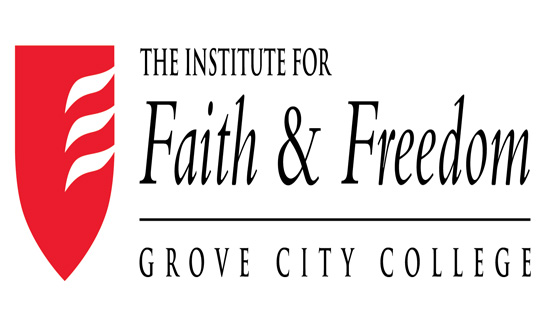Electoral College: Founders Warned of an ‘Overbearing Majority’

An apparent new litmus test has appeared among the 2020 Democratic presidential hopefuls: abolishing the Electoral College.
Calls to abolish the Electoral College are not new, but the debate surrounding the practicality and effectiveness of the Electoral College has quite possibly never been so robust as it has been in the nearly three years that have followed the 2016 presidential election.
Earlier this year, Democratic presidential candidate Senator Elizabeth Warren stated her wish to abolish the Electoral College, “I believe we need a constitutional amendment that protects the right to vote for every American citizen and makes sure that vote gets counted.” Democratic presidential hopeful Beto O’Rourke at a rally in South Carolina in March said, “I was talking to somebody today who had a great idea on how to address this system. … What if in every state, those electors that are selected through our national elections are selected proportionate to the popular vote in the state. In other words, no state would have a winner-take-all system.”
Senator Kamala Harris has alluded to the idea of “fixing it” and Mayor Pete Buttigieg said to the Washington Post, “Its gottta go.” Senator Bernie Sanders told the Post, “I believe that it is hard to defend the current system in which one candidate receives 3 million votes less than his opponent, but still becomes president.”
Their positions are clear: the Electoral College does not accurately and effectively represent the will of the American people and that not all votes are equal under the current system. Some states have banded together, establishing the “National Popular Vote Interstate Compact,” whereby the states included would award all of their electoral votes to the candidate who wins the national popular vote. As of today, 15 states have joined the cause, with the District of Columbia creating a total of 196 electoral votes, or 36.4%, still very shy of the 270 needed to elect the president.
Because of this, it is important to take a look at the purpose of the Electoral College and why the Founders decided on such a system for the election of the president.
Debate surrounding the election of the president is not new, beginning at the Constitutional Convention. Initially, under the Virginia Plan, Congress was to elect the president. Issues surrounding potential reliance of the president on Congress as well as corruption were immediately conveyed and addressed. At the same time, delegates James Wilson of Pennsylvania and Gouverneur Morris of New York came out in support of a popular vote for electing the president. Such an idea was almost immediately dismissed by several of the delegates over fears of “Public ignorance, passions winning the White House, and demagoguery.”
Charles Pinckney of South Carolina argued that a popular vote system would allow only a few of the larger states to decide each presidential election, an issue that would also exist today if the Electoral College were to be abolished in favor of the popular vote. Eventually, the delegates at the convention voted in favor of electors, from each state, voting for president. This, they believed, would provide a combination of state and popular government—an argument that James Madison would later make in Federalist No. 39.
Alexander Hamilton, in Federalist No. 68, also defended the concept of the Electoral College. Hamilton argued that the appointment of the president “is almost the only part of the system, of any consequence, which has escaped without severe censure, or which has received the slightest mark of approbation from its opponents.” The Electoral College ensured that the will of the people would be accomplished through the state electors.
In Federalist No. 1, Hamilton argued that the Electoral College would protect against electing someone ill-equipped for the office, or a tyrant, as the electors would be of high enough quality in choosing the best possible candidate for president. He followed his advice in the contentious election of 1800, favoring Jefferson over Aaron Burr. He argued in letters to delegates, “The danger to the new country wasn’t ideological disputes,” but the possibility that an “unprincipled man” would exploit public passions. He called Burr a latter-day Catiline, the ancient Roman senator who attempted a populist uprising against the Republic.
Most notably, in Federalist No. 10, James Madison argued against an “overbearing majority” and the threat of factions to the survival of the United States. Madison argued that a representative democracy coupled with federalism would protect against the ills of factions, which is exactly what the Electoral College exists to do.
The current calls by some Democrats for abolishing the Electoral College in favor of the popular vote would not solve the issue of weighted votes. Instead of creating a system in which each state has power in the election of the president, the popular vote rather would give extreme weight to largely populated states and urban areas. This would result in what James Madison and the other Founders argued against: rule by an “overbearing majority.”







